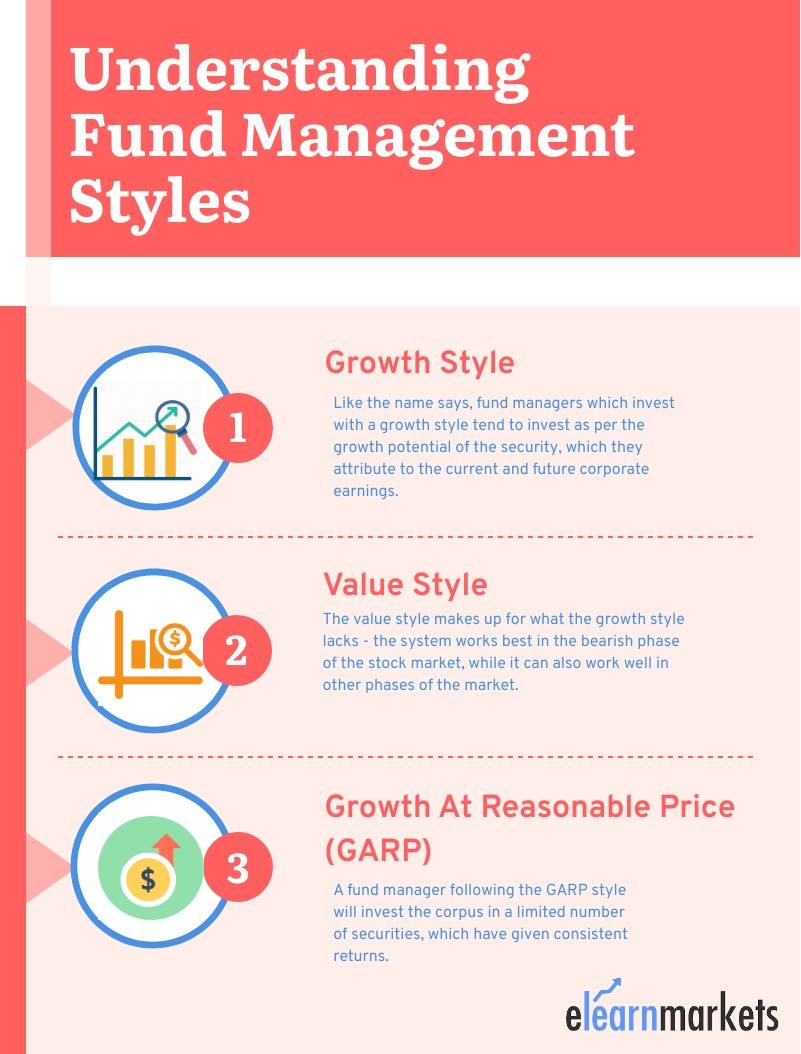A mutual fund is a set of securities that are professionally managed by a finance expert. Due to various benefits, from diversification to expert management, mutual funds are a preferred investment type amongst all classes of investors.
However, while choosing the best mutual fund, many investors miss out on an important decision they should be making – choosing the best fund manager.
In this blog, we will discuss the significance of choosing the right fund manager before we begin investing in any fund.
Following this, we will discuss some basic criteria to check before choosing to invest in a scheme managed by a specific manager.
Who is a Fund Manager?
By definition, they are a finance-oriented professional who is appointed by an Asset Management Company (AMC) to manage a mutual fund.
A fund manager usually has multiple years of experience in the stock market when it comes to financial analysis and investing.
They handle multiple aspects of the mutual fund, some of which include –
- Researching to understand the trends in the stock market and investing accordingly;
- The strategy to implement while investing;
- Ensuring all legal compliances related to the stock market are fulfilled, etc.
Why is it important to choose the right Fund Manager?
A fund manager is the one who ultimately decides what stays in the mutual fund investment. This decision can impact the overall returns of the mutual fund substantially.
With their investing style, experience, and research at their hand, they have complete control over the corpus and its ability to create long-term wealth.
Learn to Invest in Mutual Funds with Mutual Funds Made Easy by Market Experts
How to choose the right Fund Manager – Basic criteria
The best way to choose the right fund manager is to begin by looking at the following points –
- The manager’s experience and educational qualifications;
- The historical and current returns of the funds managed by the manager;
The manager’s experience and qualifications can be indicative of their expertise, and how well they understand the stock market.
After choosing a mutual fund to explore and research on, an investor can look up these basic facts on the website of AMC, where websites have a dedicated section to introduce their expert team to potential investors.
After finding out about their experience, it is advised to check the historical returns of the funds they currently manage or have previously managed.
To compare fund managers, one can compare the returns made by their funds within the same time frame.
Additionally, one should focus on fund returns during a downturn in the economy. Doing so will help investors understand whether the fund manager can take decisions to maximize profits at such a time.
Many websites, like Moneycontrol and Investing.com, provide data on these returns, along with the measurement of performance ratios like the Sharpe ratio to compare risk-adjusted-performance more accurately.
Additionally, StockEdge has a dedicated section on fund managers of the Indian Mutual Fund industry. Here, an investor can find out about the qualifications and experience of the manager and track the returns of the funds they currently manage.
Understanding fund management styles:
After filtering out fund managers on the basis of their experience and qualifications, we come to the most important feature of a fund manager – their investment style.
The way a fund manager invests can be categorized into many types of styles. Each style caters to a certain risk appetite and fits best for a certain point in the economic cycle of the stock market.
Broadly, fund management styles are of three major kinds – Growth, Value, and Blend. Let us understand them in detail.

1. Growth Style
As the name says, fund managers which invest with a growth style tend to invest as per the growth potential of the security, which they attribute to the current and future corporate earnings.
These managers choose to focus on companies that are leaders in the sectors they operate, with high retained earnings which indicate more potential for growth.
This style is best for when the market enters a bullish phase, as these successful stocks do even better in this phase. However, it is tough for the manager to maintain returns at the time of a downward spiral in the economy when the situation is bleak for all stocks.
2. Value Style
This style of investing derives profit by investing in undervalued securities.
Fund managers who work in this style purchase undervalued equity at lower prices, then hold them till they reach their peak price.
This style works on the notion that security can be undervalued for many reasons other than price, and therefore, they have the potential to reach a new high. That growth is what the fund manager takes benefit from.
The value style makes up for what the growth style lacks – the system works best in the bearish phase of the stock market, while it can also work well in other phases of the market.
3. Growth At Reasonable Price (GARP)
The GARP style is a combination of the growth and value style.
A fund manager following the GARP style will invest the corpus in a limited number of securities, which have given consistent returns.
Instead of picking stocks from a benchmark index, the manager shuffles between varied stocks from different sectors, to take advantage of the growth happening in the sectors as per the current stock market situation.
An important question – Does the fund manager invest in their own funds?
Many investors, while choosing a fund manager, often consider it important if the manager has invested in their own fund or not.
If the fund manager is invested in the fund, it shows how confident they are in their own ability, since their own money is at stake as well.
However, one should not consider it a disadvantage if the manager has not invested, as there can be many reasons behind it. For example, if the manager personally prefers a different investing style than their own, they won’t invest in their own fund.
The decision to choose the right fund manager might seem complicated, but when an investor defines certain criteria, like the ones given in this blog, the task becomes much simpler.
The stock market goes through various cycles of bullish and bearish phases, with varying fund managing styles that match it.
Choosing a good combination of fund management styles, by choosing the most suitable fund manager, can ensure that an investor’s corpus can give maximum profits as per the situation at hand.
Therefore, this decision is utmostly important for an investor looking to invest in mutual funds.
Happy Learning!








Very educative,knowledgeable and educative effort on your part in providing this yeoman’s service to the retail investor tribe. Keep up the good work. All the best. Do much better in your future articles. In fact, there is no end, no limit to excellence. All the best.
Hi,
Thank you for Reading!
Keep Reading
Very educative and insightful article. Thank you.I hope you keep sending newer articles about all facets of money and investments in future. This will be a yeoman’s service to the retail common man investor. Keep up the good work. Thank you once again.
Hi,
Thank you for Reading!
Keep Reading